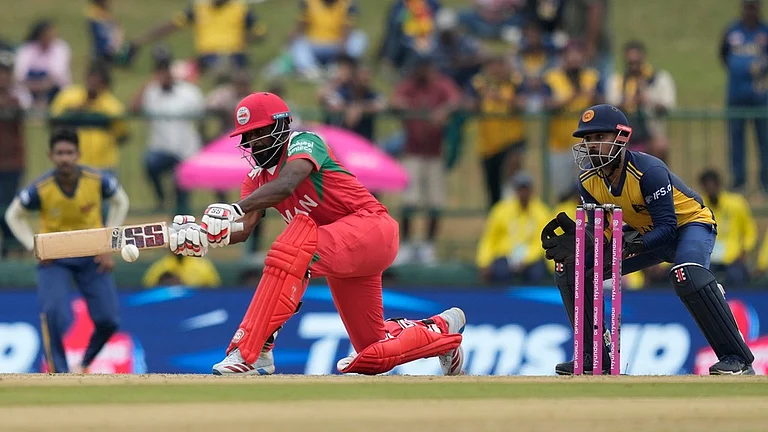Fulton County Superior Court Judge Scott McAfee has announced an October 23 trial date for two of the defendants in the sprawling Georgia election interference case led by District Attorney Fani Willis. Attorney Kenneth Chesebro and former Trump campaign attorney Sidney Powell are slated for trial in this high-profile case. However, Judge McAfee has deferred a decision on how to proceed with the other 18 co-defendants, including former President Donald Trump.
Judge McAfee expressed skepticism about DA Fani Willis' proposal to try all 18 co-defendants together but stated his willingness to listen to the prosecution's arguments on the matter.
New details regarding the case emerged during the hearing, with prosecutors revealing that they anticipate the racketeering trial to extend over four months and feature more than 150 witnesses.
Kenneth Chesebro and Sidney Powell had both filed speedy trial demands and motions to sever their cases from the larger group of defendants. Judge McAfee, however, indicated that severing their cases from each other would not be necessary to ensure a fair trial.
Chesebro, Powell, and the other 18 defendants, including Donald Trump, have all entered not-guilty pleas to the charges outlined in the comprehensive racketeering indictment. The allegations revolve around purported efforts to overturn the results of the 2020 presidential election in Georgia. Donald Trump has consistently maintained that his actions were not illegal and has characterized the investigation as politically motivated.
Prosecutor Nathan Wade argued that even if the case were to be broken up and Chesebro and Powell were tried separately, the District Attorney's office would still require a substantial amount of time and witnesses to prove the overarching conspiracy.
Wade stated, "So the court, in the interest of judicial economy, would have to make the decision as to whether or not the court wants to try the same case 19 times."
Scott Grubman, Chesebro's attorney, contended that trying his client alongside the other defendants would be unjust. Grubman pointed out that Chesebro was primarily involved in one specific aspect of the alleged conspiracy, related to the alternate elector scheme. He argued that Georgia's racketeering statute allowed prosecutors to charge broader criminal conduct but stressed the importance of fairness to his client.
Grubman questioned, "Why should Mr. Chesebro have to deal with a jury who's going to sit there for weeks, if not months, and listen to all of this evidence related to Coffee County and Miss Powell? He's never been there. He's never met Miss Powell. He's never emailed or called her."
Manubir Arora, another attorney representing Chesebro, emphasized that severing their client from the larger group would lead to a shorter and more focused trial.
As the legal proceedings unfold, the nation watches with bated breath, keen to see how this intricate and politically charged case will ultimately play out in the Georgia courts.


























